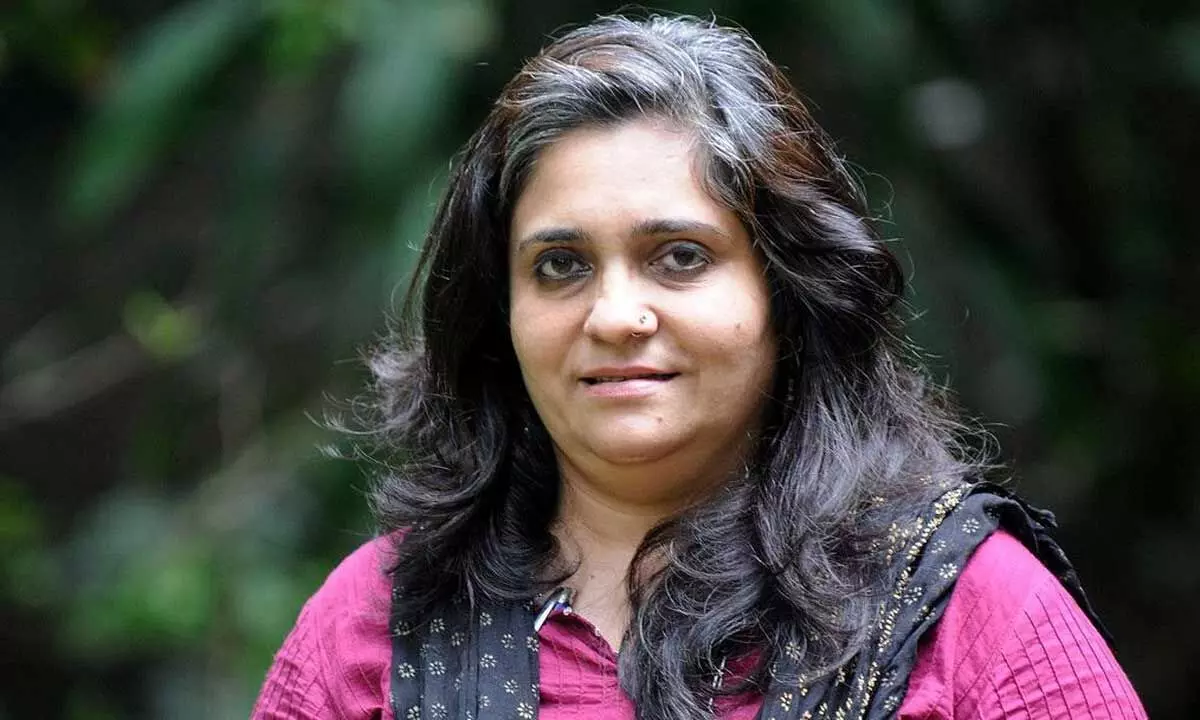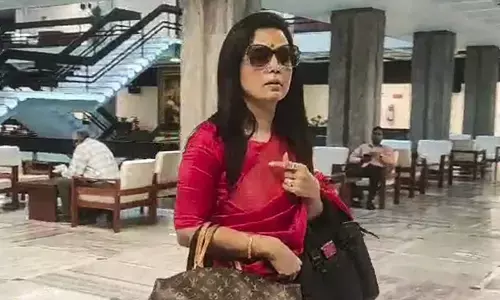Teesta's arrest is abuse of power

Teesta Setalvad
The concern of the human rights groups in India and abroad on the arrest of Teesta Setalvad, the Secretary of Citizens for Peace and Justice by the Gujarat Anti-Terror Squad (ATS) is not altogether misplaced.
The concern of the human rights groups in India and abroad on the arrest of Teesta Setalvad, the Secretary of Citizens for Peace and Justice by the Gujarat Anti-Terror Squad (ATS) is not altogether misplaced. This illegitimate action of the Gujarat Anti-Terror Squad (ATS) arose from a reference contained in Supreme Court judgement in Zakia Ahsan Jafri Vs. State of Gujarat, decided on June 24. Teesta was detained by the ATS just a day after the Supreme Court verdict was pronounced.
The State machinery has levelled charges of criminal conspiracy, forgery and giving or fabricating false evidence among other IPC sections. Two former police officers, Sreekumar and Sanjiv Bhatt have been arrested in connection with the same case. Teesta Setalvad has been fighting tirelessly for justice for victims of communal violence in India. She is well-known and respected as a courageous champion of the rights of the most vulnerable. Teesta's arrest amounts to retaliation and reprisals for seeking accountability from all, including those in positions of power, and for standing with the victims of the attack, including Ehsan Jafri's wife, Zakie Jafri.
Ehsan Jafri was killed in one of many incidents of communal violence that occurred during 2002 in Gujarat. The arrest certainly reflects an abuse of power and law by the State machinery and is a breach of the rights and freedoms guaranteed to citizens under the Indian Constitution. This turn of events has also raised questions about the Government's commitments to human rights and Human Rights Defenders (HRDs).
The 1999 UN Declaration on Human Rights Defenders recognises the right of everyone to: "individually and in association with others, to promote and to strive for the protection and realization of human rights and fundamental freedoms at the national and international levels." It recognises the right to "complain about the policies and actions of individual officials and governmental bodies with regard to violations of human rights and fundamental freedoms, by petition or other appropriate means, to competent domestic judicial, administrative or legislative authorities or any other competent authority provided for by the legal system of the State, which should render their decision on the complaint without undue delay."
The UN Declaration on Women Human Rights Defenders echoes the basic principles laid out in 1999 UN Declaration on HRDs and reiterates that member States need to ensure that the promotion and protection of human rights is not criminalised or met with limitations and that Women Human Rights Defenders are not prevented from enjoying universal human rights owing to their work. India has obligations under the international human rights instruments that it has ratified.
India will soon have to appear before the Human Rights Committee for the review of its obligations under the International Covenant on Civil and Political Rights, including the rights of human rights defenders. During India's past two Universal Periodic Reviews (UPR), UN member states have called on the government to enact a law for the protection of Human Rights Defenders, and implement the recommendations made by the UN Special Rapporteur on Human Rights Defenders. These arrests and related developments in recent times in the country further silence critical voices which is not good for democracy.











